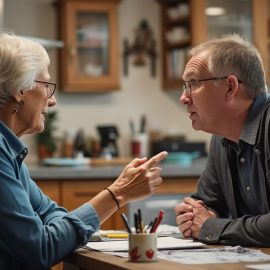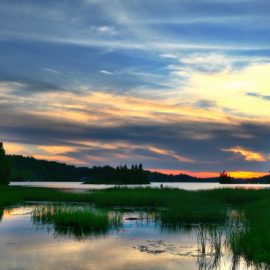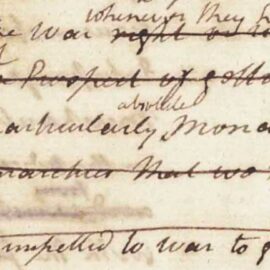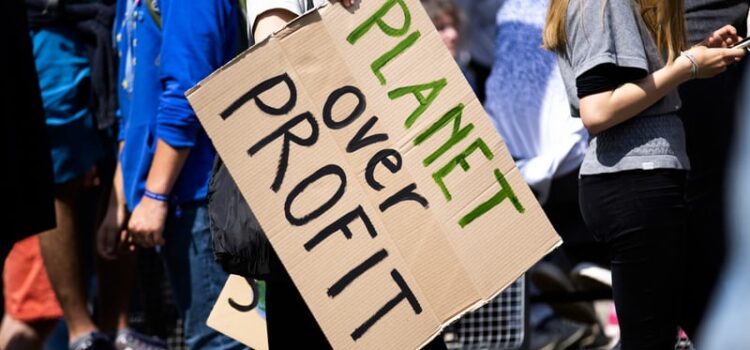
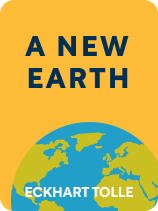
This article is an excerpt from the Shortform book guide to "A New Earth" by Eckhart Tolle. Shortform has the world's best summaries and analyses of books you should be reading.
Like this article? Sign up for a free trial here .
What is ego consciousness? How is our collective ego destroying the planet?
According to Eckhart Tolle, collectively humanity is caught up in the mindless ego consciousness. Because the ego always wants more and better, it drives consumerism, which depletes the planet’s resources at an unsustainable rate. In his book A New Earth, he argues that we must evolve out of this state if we are to preserve our species and the planet, and the critical point is now.
Here’s how the ego is destroying the planet and why the time to act is now.
The Critical Point of the Evolution Is Now
Tolle explains that evolutions happen over time—they start with minor changes and they eventually reach a critical point where mass change is necessary for the survival of the species. Tolle argues that now is the critical point in the evolution of human consciousness—mass change is necessary today for the survival of humankind and the planet.
This is because our destructive ability (caused by our ego) is intensifying at an unsustainable rate due to advances in technology. Tolle explains that while wars have always happened, we’re now able to kill and destroy with alarming efficiency due to advanced weapons. Furthermore, the development of technologies has allowed us to destroy most of our forests and the habitats of innumerable plants and animals. We torture animals in factory farms and poison rivers, oceans, and the air.
If we’re unable to evolve out of the mindless ego-driven state of consciousness that causes this destruction, we’ll end up killing our species and destroying the planet.
Should We Remain Optimistic About the Future?
Scientists around the world argue that the biggest threat to our species and planet is anthropogenic climate change which is mainly caused by factory farms, consumerism, pollution, deforestation, and more—many of the issues Tolle discusses in A New Earth. And scientists agree that the critical point is now—experts say we must limit the global temperature rise to 1.5 degrees Celsius by 2029 to prevent irreversible damage. If we’re unable to do this, our immoral actions will make life on Earth unrecognizable—coral reefs will be extinct, destructive storms will be the norm, and coastal cities will be underwater.
However, in The Better Angels of Our Nature, Steven Pinker argues that humanity is actually on a moral incline and that we should be optimistic about the future. He asserts that our era is less violent, less cruel, and more peaceful than any other period in human history. Fewer people are dying at the hands of others and there are fewer wars. Slavery, torture, and cruel punishment are almost universally rejected. Communities are raising their voices against animal cruelty, and minorities and previously “inferior” groups are increasingly gaining rights and fair treatment.
Pinker explains that our previous rotten behavior, and increasingly moral behavior, is due to our survival instincts: We do what we think is necessary to survive. In times where resources were scarce, people went to extreme lengths to ensure their survival and were rarely held accountable for the violence that ensued. Today, better governments, greater prosperity, health, education, and trade are decreasing our tendencies toward violence and immoral behavior.

———End of Preview———
Like what you just read? Read the rest of the world's best book summary and analysis of Eckhart Tolle's "A New Earth" at Shortform .
Here's what you'll find in our full A New Earth summary :
- Eckhart Tolle's guide on how to evaluate your consciousness
- How to overcome ego-driven thoughts and behaviors
- Why humanity must undergo an evolution of consciousness

